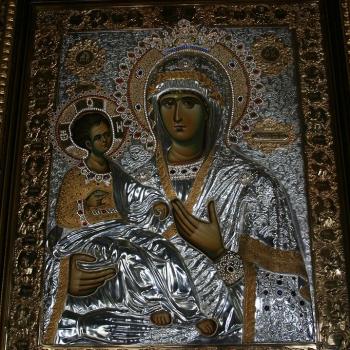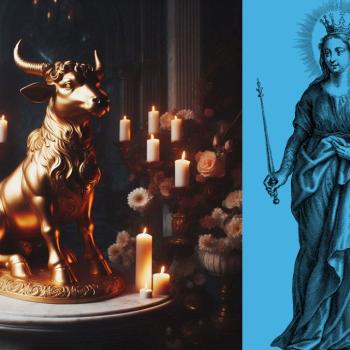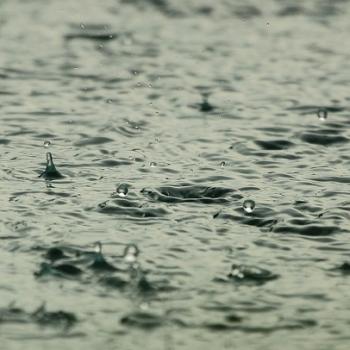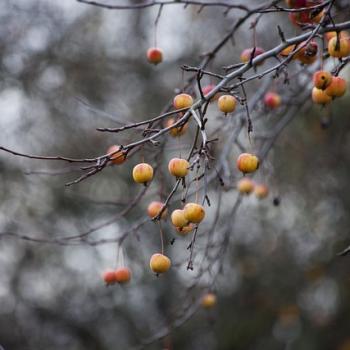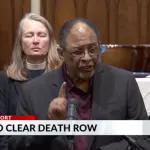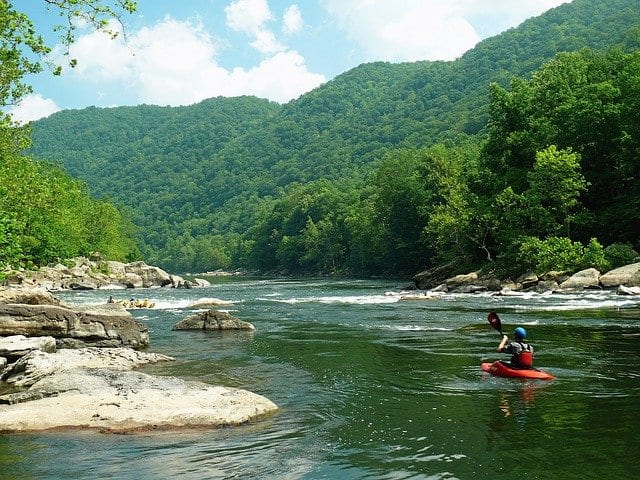
I walked past the car dealership, the one at the end of LaBelle– the one a block away from where they park the ambulances and a block and a half from where they sell the headstones.
I walk past that dealership from time to time, like a poor kid walking past the toy store window. I try not to look too hard at anything, for fear someone will come out and try to sell it to me when I just don’t have the money. I walk by as if I’m on my way to the ambulance parking lot and I’m in a dreadful hurry, but while I walk I stare, and make wishes. There had been a ten-year-old Hundai with only a hundred thousand miles on it, parked right near the entrance with an orange balloon tied around the side mirror, for the longest time. It cost three thousand dollars. We’d almost have that, if our next Relief Checks ever came. I could pay cash for the Hundai, drive it right off the lot, surprise Rosie with the balloon and pack it up to take a trip, that trip I’ve been planning since I got trapped in Steubenville fifteen years ago.
Today, on my walk, I saw that the Hundai with the orange balloon was gone. They don’t have any other cars that ridiculously cheap. They only have ten thousand dollar cars right now, something we could never afford.
I walked back to my house, defeated, but not for long.
The snow is nearly gone from Steubenville. The birds are back, a riot of joyful noise. In a week or two we’ll see crocuses.
This is the time of year I always have hope. When I have hope, I start to daydream about going away on trips– in previous years, wishful thinking, but this year might be it.
I want to show Rosie the mountains in Greenbrier and Pocahontas Counties, West Virginia, where everything is alive. That’s where some of my ancestors settled when they came from poverty in Wales and Ireland to live in poverty here. That’s where my grandfather’s Aunt Vossie had a farm, where Grandpa worked as a water boy when he was little. The farm was a few miles from Renick on the Greenbrier River.
The Greenbrier isn’t like the Ohio, the river that borders Steubenville. The Ohio is brown because it’s toxic and polluted. The Greenbrier is brown because that’s the color of the rocks on the bottom– or, sometimes it’s green because that’s the color of the trees on either side. You can actually see the bottom of the Greenbrier. It actually has trees on either side. It’s clean. The Ohio runs between steel mill after abandoned, poisonous steel mill, a ribbon of rust and stench. The Greenbrier runs down through Marlinton and Hillsboro to Renick and further south, to where it merges the New River, through parks and national wilderness, right beside Watoga State Park where we used to have family reunions with my bad cousins. We would wade and swim and fish in the Greenbrier. You’d have to be crazy to do any of that in the Ohio.
At least once during the week-long family reunion every August, some grown-up aunt or uncle would take us tubing. They’d rent a giant load of real rubber inner tubes at a weird little general store in Seebert. Then they’d stack the tubes on top of the largest van without tying them down. They’d stuff every one of us who was old enough to go swimming into the van, without enough benches or seatbelts, and drive very carefully along the road that borders the river for a mile or two. Then they’d put each of us in an inner tube and let the river carry us back to Seebert. At least one grown-up floated with us, and at least one drove the empty van back to collect us again at the end of our journey. We floated downriver past farmhouses, under bridges and low-hanging trees, singing obnoxious songs, swatting dragonflies, teasing whoever was youngest about what would happen if you missed Seebert and just kept floating. Some years the river was so low it was barely a stream, and we scraped our bottoms on the rocks. Some years it was flooded and ran astonishingly fast, so fast that when we got out at Seebert my uncle put us back in the van and drove us upriver to take the whole course again before we had to return the tubes.
My grandparents had seven children, and those children gave them thirty-five grandchildren. Imagine twenty or thirty black inner tubes rushing past you on a flooded river, ridden by twenty or thirty children. Imagine some of the children barely large enough to fit in their inner tubes, and some of them teenagers who were belting out the Sponge Bob theme song at the tops of their lungs.
I want to show Rosie and Michael that river.
I want to take them hiking, swimming, fishing– and, yes, tubing, although we’ll go in a single car with enough seatbelts and probably sing about something other than Sponge Bob.
I long to see the place again, so badly it hurts. And for some reason I long for it most of all at this time of year, in late winter, when the snow is going away.
The other years it seemed like a pipe dream. We were desperately poor and on food stamps, I was chronically ill, and I’d never been able to get my license. This year– well, I’ve got a new diagnosis and some new medication; I’m getting a little stronger. I’ve been licensed six months. We’ve made just enough to keep us off EBT for twelve months– which is difficult, but it’s a hopeful kind of difficulty. We don’t exactly make ends meet, not most of the time. The bills keep stacking up but we pay late fees sooner. In some ways it’s harder but in others, there’s hope.
If we get just a little bit better luck, this could be the year I take my family away from the river of poison, to visit the better river. From the dead river to the one that’s still alive.
I really could get away from the desolate steel mill apocalypse on the bank of the Ohio, and see the woods on the bank of the Greenbrier again.
I really could get out of here. Not this week but soon. Not with the vehicle I’d been daydreaming about, but with some vehicle.
This isn’t the childhood I expected to give Rosie, but I can still show her the place where everything is alive.
These thoughts always come to me in late winter.
This could be the year they come true.
Image via Pixabay
Mary Pezzulo is the author of Meditations on the Way of the Cross and Stumbling into Grace: How We Meet God in Tiny Works of Mercy.
Steel Magnificat operates almost entirely on tips. To tip the author, visit our donate page.





